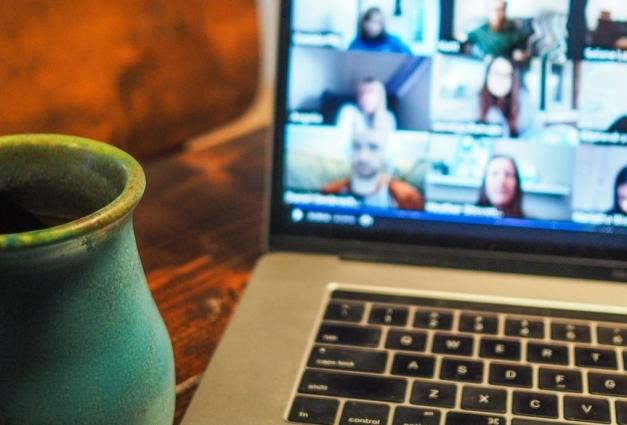2022
Expanding open science initiatives to contexts that are not Western, Educated, Industrialized, Rich, and Democratic (WEIRD)
Organizer: Felipe Vilanova (Pontifícia Universidade Católica do Rio Grande do Sul)
- Promote help guides of the Center for Open Science (COS) that were translated by me and other colleagues to languages other than English (available at https://help.osf.io/article/419-translated-help-guides)
- Actively recruit volunteers from non-WEIRD contexts to translate the help guides to their local languages;
- Jointly write a document about how open science is related to their contexts. In particular, explore what are the cultural norms around open science practices in their contexts and how open science practices may need to be adapted to other cultural contexts.
2021
Building Bridges over WEIRD Science
Organizer: Monk Prayogshala
Monk Prayogshala, a non-profit research organization in Mumbai, India. Prayogshala discussed the phenomena specific to South East Asia (with a focus on India) that may not have theories in western/canonical social psychological and personality science. For instance, thus far, most theories of intergroup behaviors focus on race. It is largely unclear what happens when countries are largely monolith with respect to race, but have other facets of intergroup violence? Do theories of intergroup behaviors translate to other groups, such as different languages, religions, or caste? Prayogshala also discussed diverse topics of interest in Southeast Asia and the Global South.
Creating Cutting-Edge Open Science Syllabi for African Research Methods Courses
Organizers: Adeyemi Adetula (Université Grenoble Alpes), Hans IJzerman (Université Grenoble Alpes, France & Institut of Universitaire de France), Dana Basnight-Brown (United States International University, Nairobi, Kenya), Patrick Forscher (Université Grenoble Alpes, France), Jordan Wagge (Avila University, United States)
Social psychology is a global enterprise. However, we lack freely-available resources adapted to indigenous languages and circumstances. How can cutting-edge syllabi on open science be created to address this problem on the African continent? Two areas of focus are how to integrate CREP, a model focused on using team science replications to teach open science, into research methods classes; and what are the barriers and solutions to adapting and teaching the CREP model in African institutions.
Personality and Social Psychology in the Arab Middle East: Emic Perspectives on Psychological Research
Organizer: Angela Maitner (American University of Sharjah, UAE)
Speakers: Othman Alkhadher, Professor of Organizational Psychology (Kuwait University); Marwan Taher Al-Zoubi, Professor of Career, Personality, and Organizational Psychology, Department of Psychology (University of Jordan); Dorra Ben Alaya, Lecturer in Social Psychology (Tunis El Manar University, Tunisia); Lameese Eldesouky, Assistant Professor of Personality and Social Psychology (American University of Cairo, Egypt); Charles Harb, Professor of Social, Political, and Cultural Psychology (American University of Beirut, Lebanon); Tabassum Rashid, Associate Professor of Personality and Social Psychology (Effat University, Saudi Arabia).
Moderator: Sara Sherbaji, Psychology Laboratory Coordinator, (American University of Sharjah, UAE)
This topic introduces ongoing research and research opportunities in the Arab Middle East. Highlighting faculty who work in the region and emic perspectives regarding psychological processes and future research goals. Elements discussed introduced local faculty and research environments and highlighted opportunities and challenges associated with conducting research throughout the region. Also, important context-sensitive concerns associated with psychological processes and research methods.


